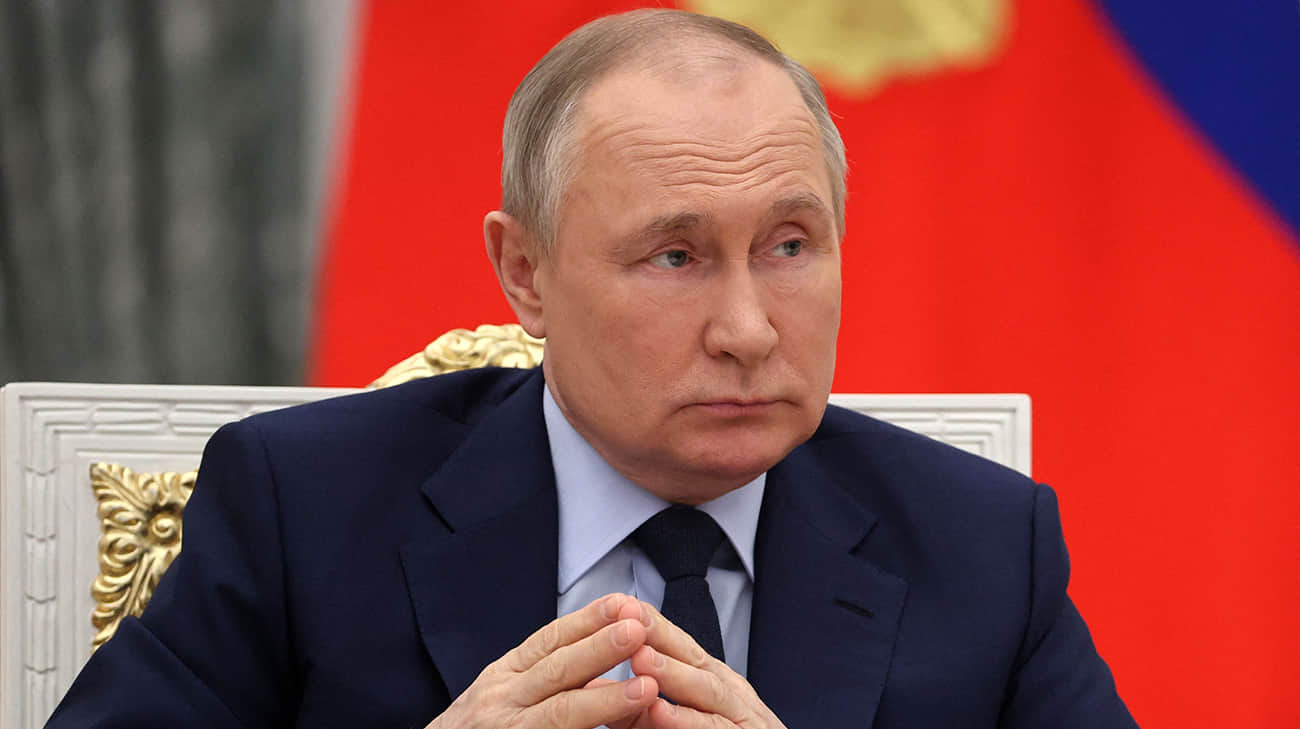Economist: The oil has made Norway arrogant and relaxed

Imagine that one day received a letter with a check of SEK 700 billion from the Riksbank one day. « Please use. Use the money as you like. From now on, a growing pile comes with money every year. »
How would it have affected Swedish politics and society?
It may sound like a cramped thought experiment, but the arrangement corresponds to what has happened in Norway for the past 20 years.
Martin Bech Holte is economistDisputed at Stockholm University and former head of consulting firm McKinsey’s Norwegian operations.
During the winter, his new book « The Land, which was, for rich », has become something as unusual as a kiosk revelation on economic politics. The subject has created sensation and controversy.
His warning: The oil richness has made Norwegian society passively and arrogant. Over the past ten to fifteen years, the country’s economy has also begun to stagnate. The development has been worse than neighboring countries.
– Productivity deteriorates, fewer investments apply to Norway and the Norwegian krona continues to decline. But it only causes the oil fund to rise in value, so that politicians get more money. It is an evil spiral we are in, he says in an interview with DN from his summer house in Skåne.
One of the planet’s few democratic Oil states are still ranked among the most richest, most prosperous and equal countries in the world.
But the oil has long been a dilemma. In 1996, just under three decades after the first oil finds on the Norwegian continental shelf, the oil fund was formed. The goal was to control the management of the state’s growing revenue. The money would be invested abroad. The strategy was long -term, strategic.
Since then, every Norwegian has become a millionaire.
In 2005, each person resided in Norway had SEK 300,000 in the Oil Fund. By last year’s valuation, the sum had grown to a staggering 3.6 million per inhabitant.
That as within Norwegian economic Politics is called the rule of action says that a maximum of 3 percent of the capital may be used each year. But the sums have increased rapidly, and this year’s withdrawals are expected to be SEK 460 billion.
In Sweden, it would correspond to just under half the state budget.
This is what Martin Bech Holte claims has created skewness. And his tea seems to have hit a nerve among many Norwegians.
– Many people notice the symptoms of this. Especially young people feel that something is wrong. It is about the contrast between public wealth and private stagnation. Wealth development has stopped and real wages have not risen as in other countries. At the same time, there is always money for expensive and extravagant infrastructure projects.
Norway has lost their Ambitions, says Martin Bech Holte. Long -term strategy on oil policy has been replaced by short -term opportunism.
– When the decision was taken in the Storting to introduce the rule of action, it was said that the money from the Oil Fund would be used to build a world -leading knowledge society, invest in infrastructure and build good incentives for work and investment. Now mostly spent on something else.
– Imagine what all this money does, all groups that book meetings and request money. That is what has changed Norwegian politics.
Martin Bech Holte PhD in Stockholm under the guidance of Professor Torsten Persson, who was secretary in the so-called Lindbeck Commission during the Swedish 1990s crisis.
There are parallels in the countries’ stories, claims Martin Bech Holte.
– Sweden was the richest in the world in 1973. 20 years later, 1993, it was acute crisis. How could it happen? There are so many parallels to Norway, with an expansion of the public sector, increasing taxes, less competition and impaired driving forces throughout society.
But Norway does not seem to face any direct crisis. How do you explain to a Swedish what really is the problem?
– Look at the exchange rate between Norwegian and Swedish krona. It says everything about optimism. Ten to fifteen years ago, optimism was great in Norway. Swedes came here to work. You don’t do that anymore. The Poles also go home because the opportunities are greater there.
It also leads us to the country he also sees as a model – Sweden.
– I see Sweden as a role model for the whole of Europe. Sweden has the world’s highest labor force participation. It is because you have done a number of things to raise it. Sweden has higher unemployment, but it is an honest and transparent form of unemployment. In Norway it is hidden in different systems.
– Sweden is also one of the best countries in Europe to save and build companies. You have received one of the best ecosystems in Europe that allows you to combine entrepreneurs, technical knowledge and capital, says Martin Bech Holte.
His critics have turned Among other things, against what they call a black painting of the Norwegian economy. Many countries in Europe have had slow development over the past 15 years.
– It’s true, but productivity growth in Norway has fallen more, he says.

Not least, it is Martin Bech Holt’s political medicines that meet. His proposal is, among other things, about lowering taxes and tightening the social insurance systems, according to a pattern that is not quite unlike the Swedish direction.
– Just take such a thing as that in Norway you get full pay from the first day when you are sick.
That message has sold out in several editions. But Martin Bech Holte fears that the Norwegian economy will continue to drag behind.
– For Sweden it took 20 years from top to bottom. The problem in Norway is that the state is so rich that we can stagnate for another 20 years.








